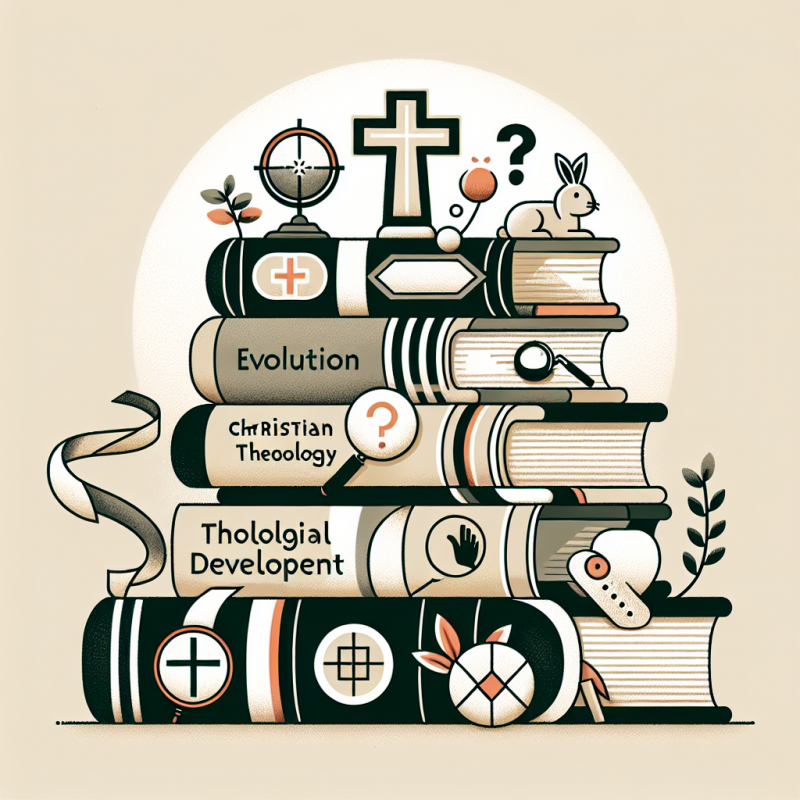The Book of Psalms: A Journey Through Faith and Emotion
The Book of Psalms, often referred to as the Hebrew Psalmody, is a profound collection of poetic hymns that have resonated throughout the ages. It holds a special place within the biblical narrative, offering insights into the human experience, the nature of God, and the divine-human relationship. This rich tapestry of verses encourages a depth of spiritual reflection that transcends time and culture.
“The Lord is my shepherd; I shall not want.” (Psalm 23:1) – This simple, yet profound verse encapsulates the essence of the Psalms: a deep reliance on God’s providence and care.
Historical and Cultural Context
The Psalms were written over a span of centuries, with authors ranging from Moses to David and Solomon, to other unknown writers. They reflect a wide array of historical contexts, from the nomadic periods of Israelite history to the monarchy and subsequent exile. This breadth of authorship and time frames imbues the Psalms with a uniquely universal quality, allowing them to speak to diverse experiences and emotions.
**Image:** [1,King David playing the harp]
Divided into five books, the Psalter mirrors the structure of the Torah, thereby reaffirming its foundational importance in Jewish and Christian traditions. The Psalms cover themes of creation, sin, judgment, and redemption, thus providing a comprehensive theological groundwork.
Key Themes and Figures
Themes of Trust and Lament
The Psalms move fluidly between soaring declarations of trust in God and gut-wrenching laments. Psalms like Psalm 23 (“The Lord is my shepherd”) and Psalm 91 (“He who dwells in the shelter of the Most High”) exude an unwavering confidence in God’s protection and care. In contrast, lamenting Psalms like Psalm 13 (“How long, O Lord? Will you forget me forever?”) resonate with those experiencing deep sorrow and confusion.
David’s Influence
King David is traditionally credited with writing many of the Psalms. His life experiences, from shepherd to king, from triumph to deep personal failure, are echoed throughout these hymns. David’s raw honesty in his prayers—acknowledging his sins, fears, and joys—offers a template for personal devotion and authenticity in worship.
**Image:** [2,David’s repentance]
Theological Implications
The Book of Psalms provides profound insights into the nature of God, depicting Him as a shepherd, king, refuge, and creator. It emphasizes His attributes of omnipresence, omnipotence, justice, and mercy. Psalms highlight the covenantal relationship between God and humanity, illustrating how God remains faithful despite human frailty.
The Psalms also reflect a deep yearning for redemption and a messianic hope, pointing forward to the coming of Christ. For example, Psalm 22 begins with the words Jesus would later echo on the cross: “My God, my God, why have you forsaken me?” This connection underscores the Psalms’ prophetic nature and their fulfillment in the New Testament.
Modern Relevance
Today, the Psalms continue to be a source of comfort, guidance, and inspiration. They address the full spectrum of human emotion, providing words when our own fail us. Whether in times of joy, sorrow, frustration, or hope, the Psalms give voice to our deepest feelings and our search for God in the midst of them.
Applying the Psalms to Contemporary Life
- **Personal Prayer and Meditation:** Use Psalms as a guide for daily prayer. Reflect on their words, allowing them to shape your understanding of God and your relationship with Him.
- **Community Worship:** Integrate Psalms into communal worship services to foster a shared expression of faith and reliance on God’s promises.
- **Addressing Modern Issues:** The themes of justice and care for the marginalized in the Psalms can inspire Christians to engage with social issues, drawing on biblical principles to advocate for change.
**Video:** [1,The Book of Psalms Bible Project]
Reflections and Connections
Reflecting on my own journey, the Psalms have been a sanctuary during times of personal trials. Just as discussed in previous blog posts, such as “Integrating Christian Ethics into Work, Vocation, and Calling”, the Psalms can integrate into our daily lives, guiding ethical decisions and fortifying our spiritual resilience.
The Psalms’ emphasis on honesty before God aligns with themes explored in “Embracing Faith in Everyday Life”, encouraging us to bring every aspect of our lives before Him. Their relevance today mirrors the persistent human need for a personal connection with the divine, a theme that transcends time.
**Image:** [3,Contemporary worshippers praying]
Conclusion: The Everlasting Relevance of the Psalms
The Book of Psalms stands as a testament to the enduring power of God’s word to address the human condition. Its verses invite us into a deeper relationship with God, offering solace in times of distress, and inspiration in moments of triumph. As we navigate modern challenges, the Psalms remind us of the eternal truths of faith, encouraging us to trust in God’s unwavering love and guidance.
Whether you’re new to the Bible or a seasoned reader, the Psalms offer a wellspring of spiritual reflection and growth. As you explore these ancient hymns, may you find your own voice within their verses and discover a deeper connection with the Creator.
Focus Keyphrase: Book of Psalms



Just posted! What are your thoughts?
Thank you. Nice article!